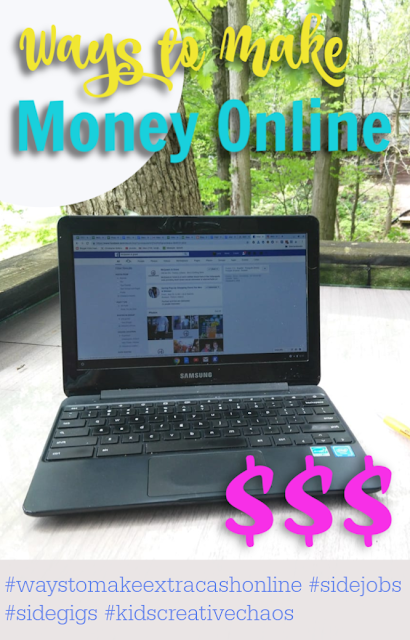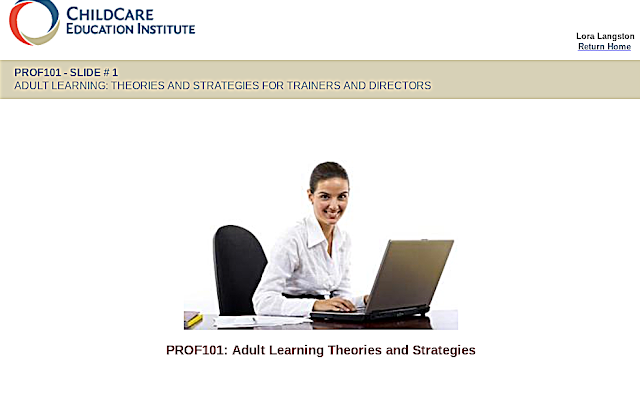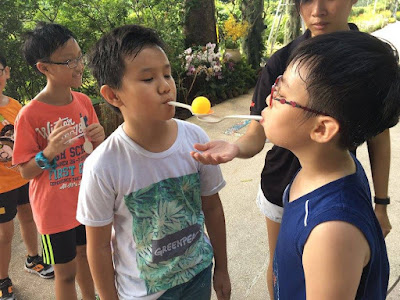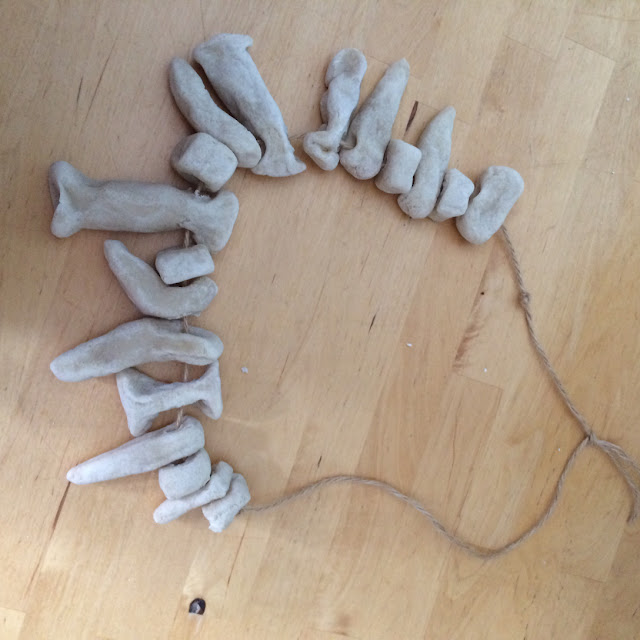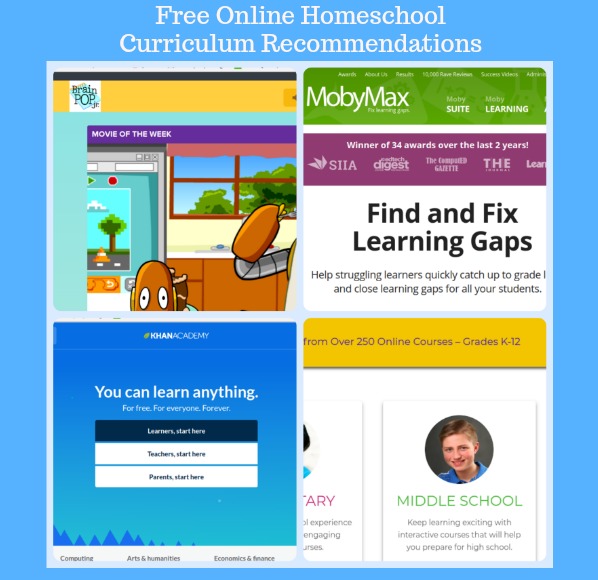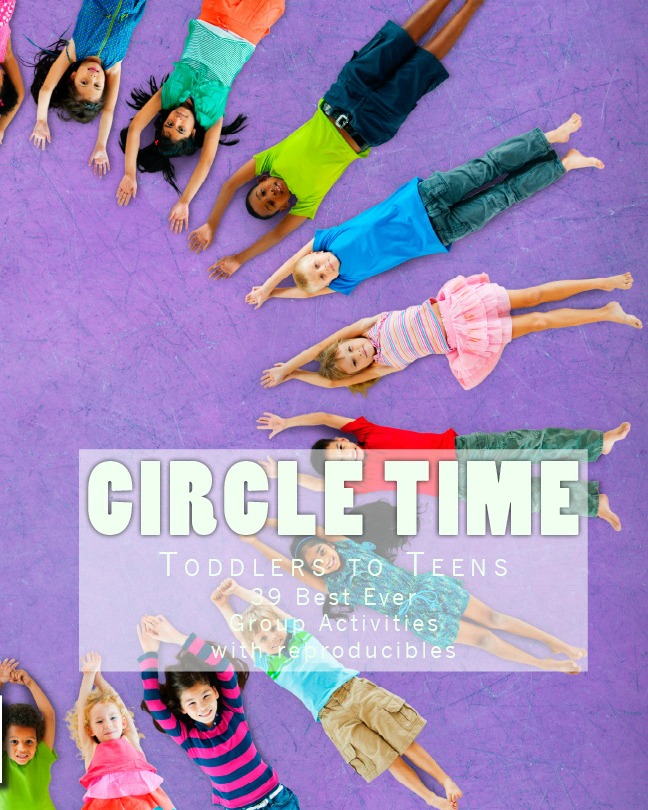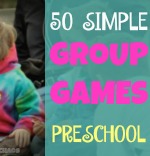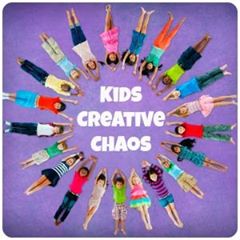Need an Online Side Job?
Whether you're self-employed, under-employed, or just always looking for more cash, there are many legitimate ways to make money at home online. As a self-employed entrepreneur, I've tried many different side gigs. I've always got a bunch of irons in the fire trying to find one that is the best return on my time invested. Some things pay well, but are tedious and stressful. When that happens, it causes a shift in my mood. I'd rather do something that took less time and caused less stress. I mean who wouldn't? If you're looking for ways to make extra money at home read on for a list of things you can do as a side job online.
This post contains Amazon and other Affiliate links.
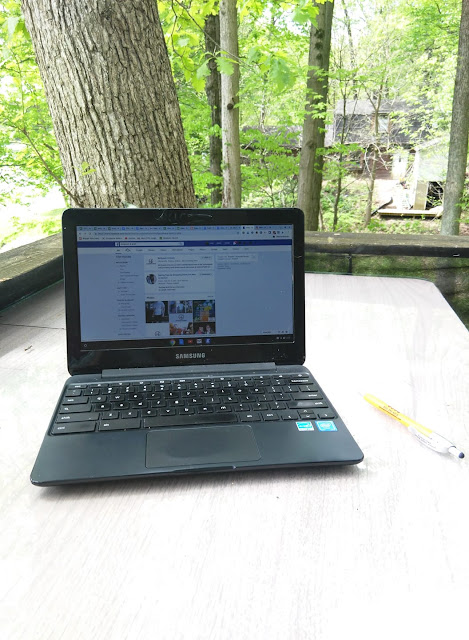 |
| Need a side gig? |
Ways to Make Money Online
When working online, you never have to leave your home. Let's get real, you never even have to leave your bed! Unfortunately, you do have to have some marketable online skills. However, there are a range of activities for the amateur to the professional online entrepreneur. So, if you're hoping to become self-employed or to add a little extra cash to your monthly bottom line, it might be worth it to brush up on some English grammar lessons, Microsoft skills, and understand how social media is beneficial to your bank account.
- If you're a teacher of any sort, including a homeschooling teacher/parent, you can make money by selling your printable lessons online. #worksheets People don't have time to create these and they appreciate the work being done for them by a professional. Some great sites to start selling your teacher resources are TeacherSherpa.com and TeachersPayTeachers.com Each website is reputable, and as an added bonus, you can sell the same items on each site. They work sightly differently, so go for it and see which one works best for you! If you're a serial entrepreneur like me, you'll continue to do both.
- Do you have some random skill? Something you're an expert at and can do quite well in a very short amount of time? Maybe you're a freelance writer, a musician who does jingles, you were born with a great voice for voice overs, you're an amazing cartoonist, skilled at graphic design, or perhaps you can write a kick*** cover letter and resume. Whatever your marketable skill, you can promote it on fiverr.com. Just offer something for $5 and you can add additional fees or add-on work. I haven't sold anything over there, but I have used the service many, many times!
- My first venture into the making money online came via UpWork. Back in the day, it was known as Elance. With UpWork, you can charge whatever you want. The more skilled you are, the more you can make. I started out low-balling bids on jobs until I gained confidence in a particular subject. Now, I work as a consultant and bid a much higher wage. I work as a freelance writer, SEO specialist, and social media marketer. However, you can find jobs for draftsmen, architects, interior designers, product testers, reviewers, and virtual assistants. Sometimes, you can even find work offline.
More ways to make money online.
- If you're a blogger or anyone with a large online following, you can do a search for sponsored social media posts. You've heard of celebrities getting paid to post on their Twitter and Instagram? You can do it too! This is my favorite side gig. It only takes a few minutes to complete and the pay out can be just as good as a sponsored blog post. You decided what pay you want. Your stats, engagement, and follower count play into it. Anyone can do it and earn $1 to over $1000 for a short post.
- If you are still uncertain about what type of job you would love to do at home or what profession is the most suitable for you, it's important to keep an eye on new trends and analyze different open positions and their requirements. In this case, you can use the best job search websites. For example, you can have a look at the work-from-home vacancies listed on Jooble. Filters such as location, date posting, salary, work experience, and work employment will help you speed up your search and find the most appropriate vacant post in the long run.
- Write a how to manual, a comic book, or a full-fledged novel! Using Amazon's Kindle Direct Publishing tools, you can create book covers, upload content, and sell your book on Amazon. I've done this several times now. The key is quality. This is a pretty hefty time commitment. However, once you've done one book and created a template, it becomes easier. This is not for the faint of heart, the easily stressed, or the perfectionist. If you're any of those things, do the book, but pay someone to set it up for you. Here's one of my best selling Amazon books: Circle Time Activities. Tip: I also have versions of this book available on TeacherSherpa and TeachersPayTeachers.
Now, once you've created your own ways to make money online, you'll need to promote your business. You can do this yourself through boosting Facebook posts, running ads in Google AdWords, Pinterest, Twitter, or Instagram, or enlisting a digital marketer to help. Pick me, pick me!
Still looking for more ways to make extra money online? Check out this article from the PennyHoarder.
Pin it!
Recommended:
Posts about Money from Kids Creative Chaos
Online Social Media Business Tips from The Play Connection
Summer Camp Handbook full of summer activities for kids, no camp required.

